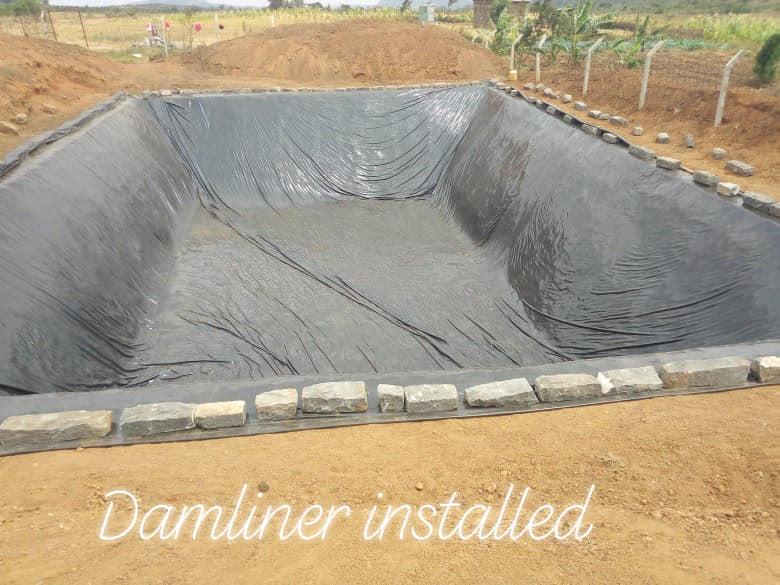
Since its establishment and registration in 1994, most farmers in the country do not know much about Kenya Rainwater Association (KRA) which works with farmer groups especially in the arid and semi-arid areas in the country to help them harvest rain water to limit their overreliance on rainfall for their agricultural practices.
According to the International Water Management Institute, rain-fed agriculture produces much of the food consumed globally and by poor communities in developing countries. It accounts for more than 95 per cent of farmed land in sub-Saharan Africa.
“We are committed to help our small-scale farmers who make the majority of farm producers in the country to make good use of the heavy downpours during rainy seasons to harvest and store as much water as they can and use it during dry period,” said Florence Ng’eno, KRA administrator.
Weatherman has announced that the rains experienced in the country at the moment will be more than 50 millimetres, leading to cold and wet weather in the Rift Valley highlands, north eastern, central and coastal regions.
Heavy rainfall of 70mm is expected in some parts of Mandera, Wajir and Marsabit counties. Moderate rainfall of between 20mm and 50mm is expected in some parts of Tana River, Kwale, Embu, Murang’a, Kajiado and Siaya Counties.
This makes it an ideal period for farmers in the dry regions to take advantage and harvest much of the water to help them reduce the effects of drought that has always been dire in those parts of the country.
RELATED ARTICLE: Water harvesting sets Nyeri vegetable farmer on the path to fish rearing
How to access KRA services
Being a non-governmental, not-for-profit and non-partisan national membership association with diverse stakeholders, KRA is calling upon farmers to join in groups through which they can apply for KRA services.
The groups are then supposed to be registered with registration fee differs depending on the number of group members.
“A group of 15 members, for example, we allow to register with Sh15,000 which is renewable yearly,” said Ng’eno.
After registration, the group can now suggest to the association on what projects they need to be help in realizing which is then followed by the association’s team of technical staff visiting the farmers to know among other things what they do, their key needs, and their location.
The team then help with the technical advice to the farmers and the association on what projects the farmers need and how much funds it requires. This enables KRA to release funds, if available, towards the project.
“Currently we are soliciting for funds through proposals to those stakeholders who are interested in supporting our farmers. Meanwhile we still offer technical support to farmers who want to take advantage of the rainy season to harvest the water,” said Ng’eno adding that KRA continue to help farmers harvest rainwater for either domestic or irrigation purposes.
RELATED ARTICLE: Water harvesting improves Njoro framer’s produce, earns him international award
Farmers, during this time, can build and install dam-liners, water tanks and sand dams during the rainy season to collect enough water to irrigate their farms and water their livestock when dry spell approaches.
National government in conjunction with county government of Kiambu had excavated several ponds for rainwater harvesting but left the farmers to fend for dam-liners and roofing structures on their own but when the farmers approached KRA much has been done. this being one of the best examples of what the association has done in the recent past to help farmers.
RELATED ARTICLE: Water harvesting increases Mwingi farmer’s livestock herd
KRA can be reached on +254 (0) 20 2710657
Cell: +254 0715935065, +254 0737916077
Email: This email address is being protected from spambots. You need JavaScript enabled to view it.
















Comments powered by CComment